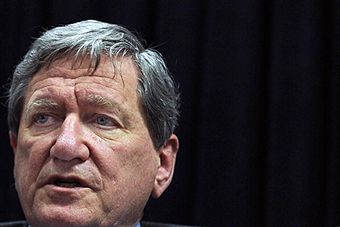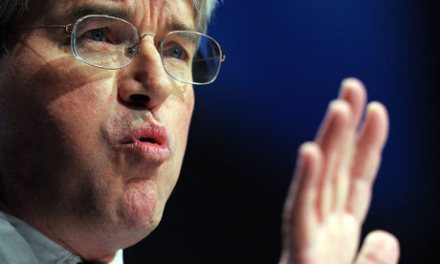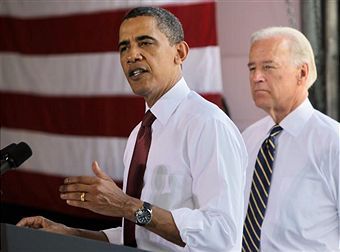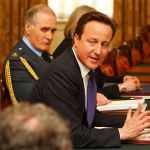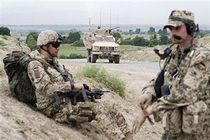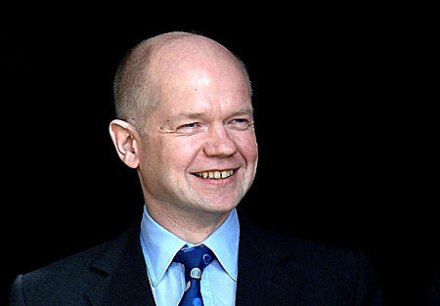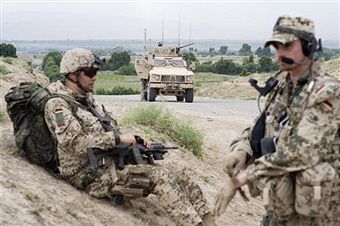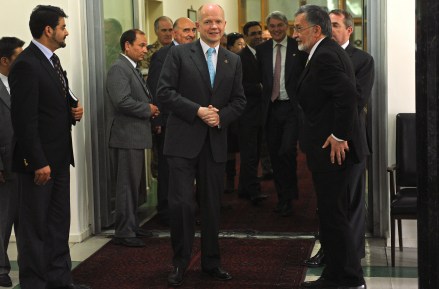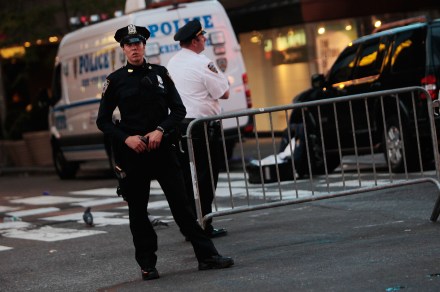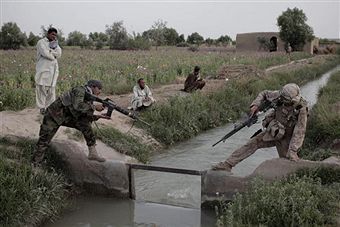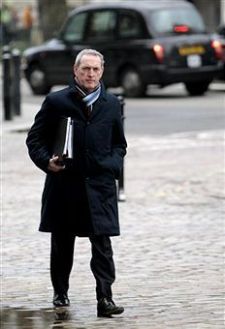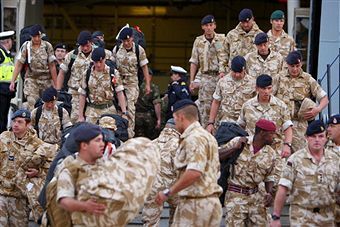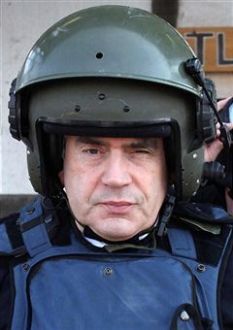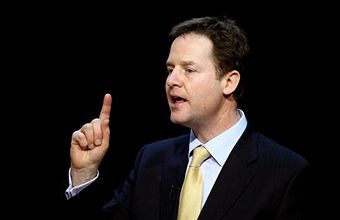No politician visits the frontline
A few years ago, when I was serving with the Grenadier Guards in Iraq, I was part of a team tasked with looking after the visiting Secretary of State. There were five Defence Secretaries during my short spell in the army – a sign, perhaps, of the lack of attention the last government paid to the armed forces. Some were impressive, some less so. One was famous for falling asleep during briefings, but the one I was accompanying in Basra was wide awake. He wished to carry out of the most important missions facing Cabinet members in a warzone: conduct an interview with the Today programme on BBC Radio Four.



